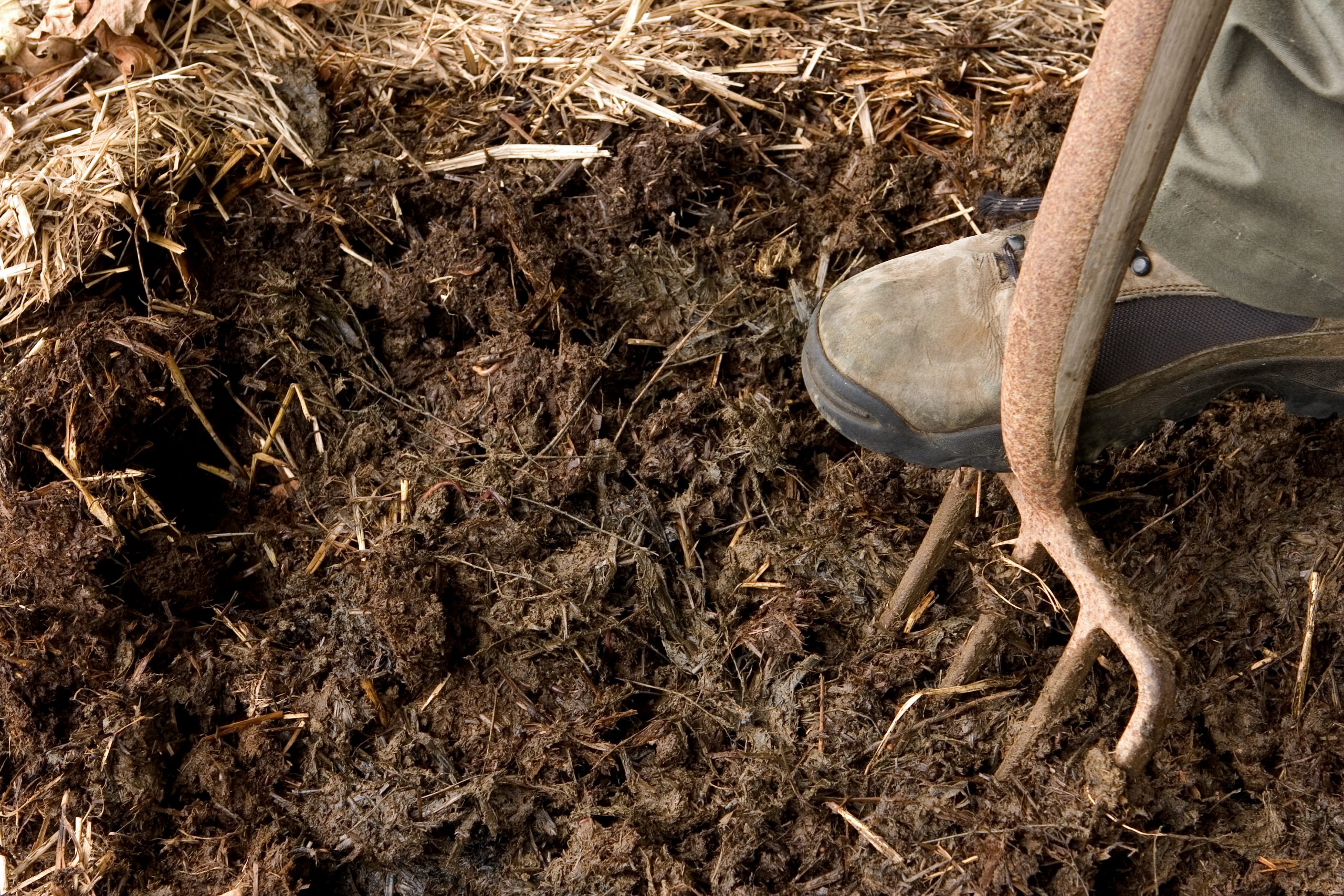Whilst winter may seem like a time for our gardens to rest, it’s also a critical time to nurture the soil, the foundation of our gardens. This helps our gardens emerge in spring with renewed vigour and vitality.
To learn how to protect and nurture your soil over the winter months, read on.
Protecting Our Soil
Winter’s harsh weather conditions can damage our soil. Heavy rainfall and strong winds can cause compaction, which is exactly what it sounds like – when soil particles become tightly packed, making it difficult for water and roots to penetrate. Erosion, the process of soil being washed away, can also harm the soil’s health.
To prevent compaction, avoid walking on the soil when it’s wet and vulnerable. If you need to walk on the soil, use planks or slates to create temporary walkways. Instead of heavy digging equipment, use hand trowels or garden forks to minimise soil disturbance.
To prevent erosion, consider using raised beds or sturdy edging to contain the soil. Mulching with organic materials like straw, bark or wood chips helps retain moisture, protects the soil from extreme temperatures and acts as a barrier against erosion.
The Importance of Organic Matter
Organic matter is the key to healthy soil. It acts like a sponge, absorbing and storing water and slowly releasing it to plants during dry periods. Organic matter also improves soil structure, making it more porous and aerated, allowing air and water to flow freely.
To replenish organic matter in winter, incorporate well-rotted compost or aged manure into the soil using a garden fork. This adds nutrients, promotes microbial activity and encourages earthworms to thrive, further breaking down organic matter and improving soil structure.
Cover Crops: Winter Guardians
 Cover crops, also known as green manures, are a powerful way to nurture the soil during winter. These fast-growing plants are sown in autumn and allowed to grow throughout the winter months. As they decompose in spring, they release nutrients into the soil, improving fertility and structure.
Cover crops, also known as green manures, are a powerful way to nurture the soil during winter. These fast-growing plants are sown in autumn and allowed to grow throughout the winter months. As they decompose in spring, they release nutrients into the soil, improving fertility and structure.
Cover crops also act as a protective mulch, preventing erosion and conserving moisture during winter rains. Additionally, they suppress weed growth, reducing the need for herbicides and preserving soil health.
Tips for Success with Cover Crops:
- Choose cover crops that are suitable for your soil type and climate. Research and select cover crops that will thrive in your local conditions and provide the benefits you require. For soil improvement in UK gardens consider radishes, daikon and vetch.
- Sow cover crops at the right time. Late autumn is the ideal time to sow winter cover crops, allowing them to establish themselves before winter arrives.
- Incorporate cover crops into the soil in early spring. Once the cover crops have matured and turned yellow, they can be tilled or ploughed into the soil, providing a rich source of organic matter.
Nurturing Our Soil for Spring
By taking proactive measures during winter, you can ensure your garden emerges in the spring with renewed vigour and vitality. By protecting against compaction and erosion, replenishing organic matter, and utilising the power of cover crops, you will lay the solid foundation for a thriving garden that will flourish for years to come.

